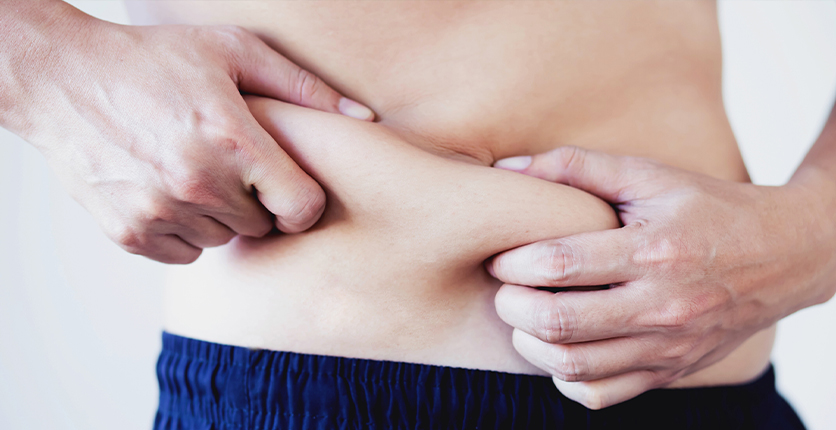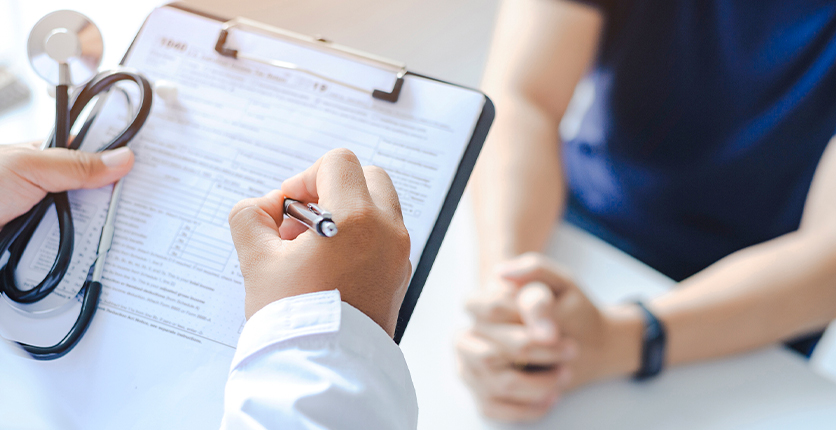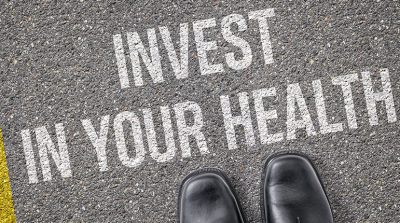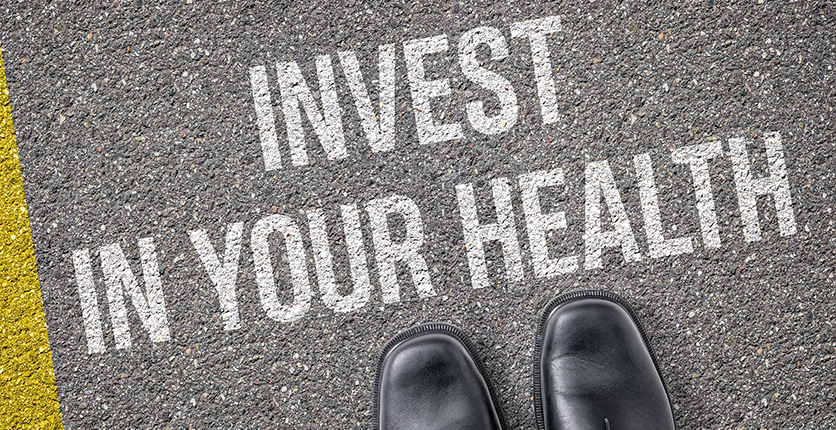Most of us are aware of the health effects of being overweight or obese – carrying excess weight is a major risk factor for a number of serious medical conditions, including cardiovascular disease, type 2 diabetes, high blood pressure, sleep apnoea, gall bladder disease and osteoarthritis.
But you can be at risk for developing these diseases if you’re slim, too, according to dietitian-nutritionist Clement Gan from KWON Nutrition. This is what it means to be “skinny fat” – where you appear to be a healthy or normal weight but are actually carrying a high percentage of body fat, particularly in the abdominal area, and have very little muscle.
Here’s how else to tell if you’re “skinny fat”, with tips on how to fix it.
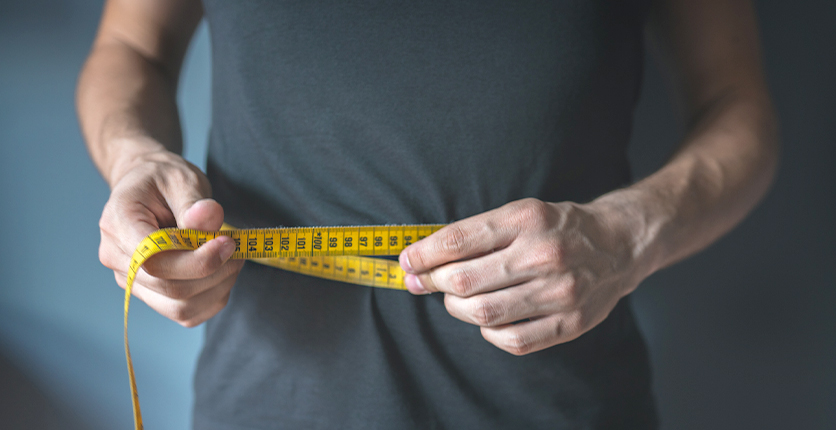
Q: What does it mean to be “skinny fat”?
Clement: Also described as “metabolically obese normal weight”, someone who’s “skinny fat” may be diagnosed by a medical professional as having the following issues:
- High LDL cholesterol (“bad” cholesterol) and low HDL cholesterol (“good” cholesterol). LDL cholesterol is responsible for carrying cholesterol to tissues via the blood vessels and arteries. This may result in heart disease if the cholesterol builds up in the coronary arteries. In contrast, HDL cholesterol takes cholesterol from the tissues to the liver, removing it from the body.
- High triglyceride levels (fat in the body). This problem increases your risk of developing coronary heart disease and is associated with type 2 diabetes.
- Your waist-to-hip ratio (WHR) is on the higher end, meaning that you have excess fat around your waist. Regardless of race, a WHR of >0.9 in men and a WHR of >0.85 in women indicates an increased risk for cardiovascular diseases.
Q: What tests can be done to determine if I’m “skinny fat”?
Clement: Go for regular health screenings. With Screen for Life (SFL), the national health screening programme, you can find out what screenings and frequencies are recommended for your age group. There’s more information on the Health Hub website.
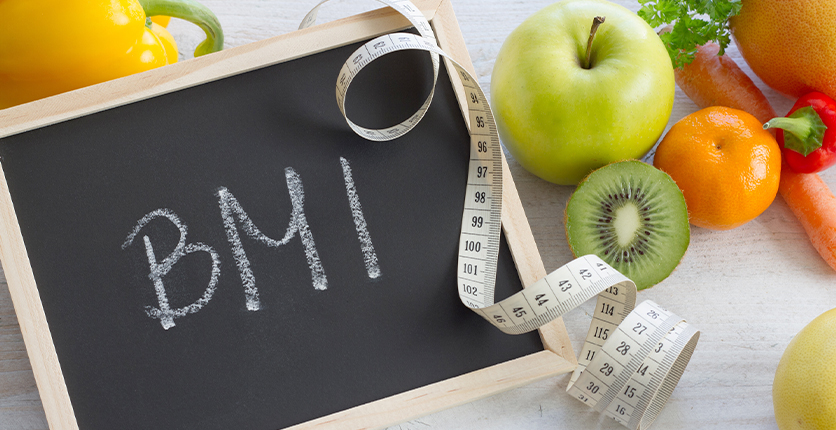
Q: What might these screenings reveal if I am, indeed, “skinny fat”?
Clement: A high BMI (body mass index) suggests that you may have a higher risk of developing cardiovascular disease, gall bladder disease, high blood pressure, type 2 diabetes, and so on.
However, your waist circumference should also be a healthy number, because even if your BMI is within the acceptable range, you may be considered “skinny fat” if you’re carrying a lot of abdominal fat. Unfortunately, our BMI doesn’t suggest how our body fat is distributed.
Your waist circumference will give an estimate of how much abdominal fat is present. This lets your doctor know if there is any central obesity risk, that is, if you have hidden fat in your belly and around your internal organs.
So, people with a normal BMI may have central obesity and vice versa. Those with central obesity have a higher risk of disease compared to those who are obese in general.

Q: How can “skinny fat” people improve their health?
Clement: You can start by enjoying a healthy diet and getting regular physical activity.
A well-balanced diet means limiting your intake of sugar, saturated fat and salt as much as possible. Make healthier food choices, such as whole grain pasta and brown rice instead of refined grains like white rice and white bread, and consume a variety of fruits and vegetables. Check out My Healthy Plate by the Health Promotion Board (HPB) for a visual representation on what the ideal meal ought to look like. You should also exercise portion control, to prevent overeating.
Here are some healthy eating tips to get you started.
Aim for 150 minutes of strength training and aerobic exercise weekly. Regular exercise promotes good heart health beyond reducing abdominal obesity. While aerobic exercises that raise both your heart and breathing rates are helpful, muscle strengthening exercises also promote heart health, improve your balance and help with bone strengthening.
Stay fit with our workout ideas:
How To Use Battle Ropes For A Good Workout
Kick Off Your Gym Routine With LIIT!
Versatile Exercise Space @ EnergyOne SAFRA Toa Payoh

Q: What role does quality sleep play when it comes to reducing abdominal obesity?
Clement: Research suggests that a lack of quality sleep may make us more likely to choose fatty, sugary and high-calorie foods over healthier, low-calorie ones. We’re also more inclined to overeat, and overeating, as we know, may lead to weight gain. A lack of sleep may also put us off our exercise plans. The HPB recommends that adults get seven to nine hours of sleep every night.
Read our tips on how to get quality sleep.

Q: And what about stress management?
Clement: Stress management is important as well. Stressors trigger the release of two types of hormones in our body; adrenaline and cortisol.
Adrenaline is a “fight or flight” hormone. It causes an increase in heart rate, breathing and blood sugar levels. It also diverts blood flow from our digestive system to our muscles.
Cortisol is a stress hormone. If we’re under constant stress, the excessive cortisol produced by our body may lead to health problems like rapid weight gain, high blood pressure, and so on.
One way to handle stress and burnout is to make time for yourself, no matter how busy or overworked you are. Take time off to do something you like. Spend quality time with your loved ones because it’s important to foster healthy relationships and maintain a support system. If you need professional help to deal with stress in your life, don’t be afraid to ask for it.
Here’s more on how to deal with stress.
Note: Please consult your GP or physician before starting on a new diet or exercise plan.
SAFRA members receive special discounts on health screenings and other healthcare services. For the full list of healthcare benefits, go to safra.sg/promotions/
Want more health articles like this, and other lifestyle content right in your inbox? Download the new SAFRA mobile app and opt in for the eNSman Newsletter – you don’t need to be a SAFRA member to subscribe – and never miss another story!
